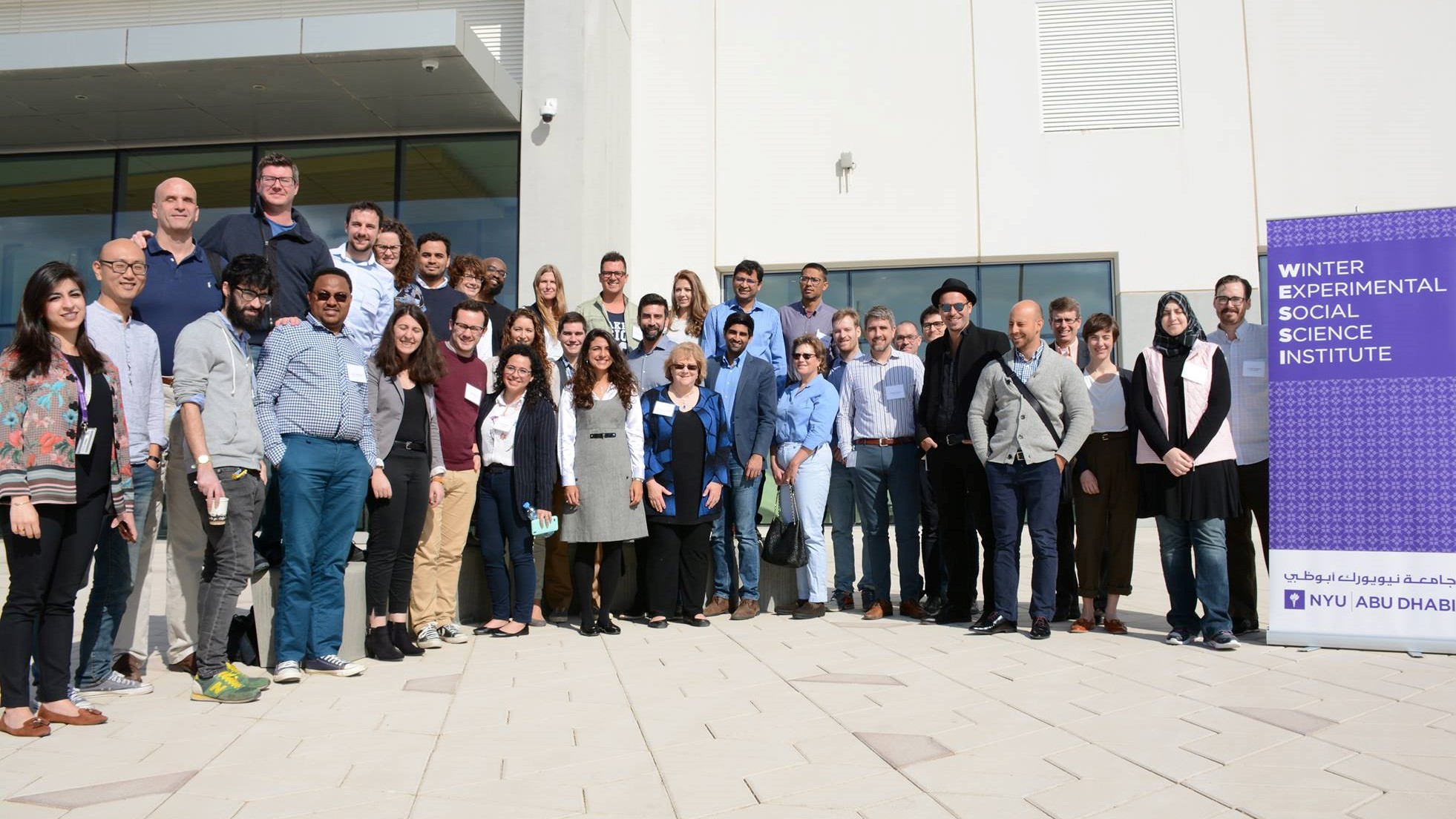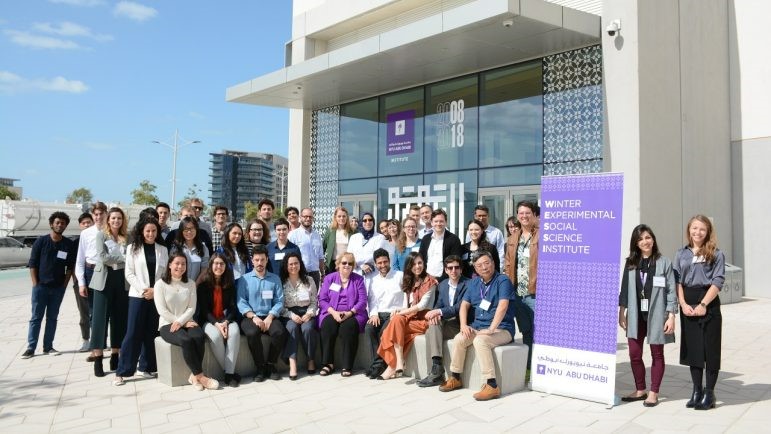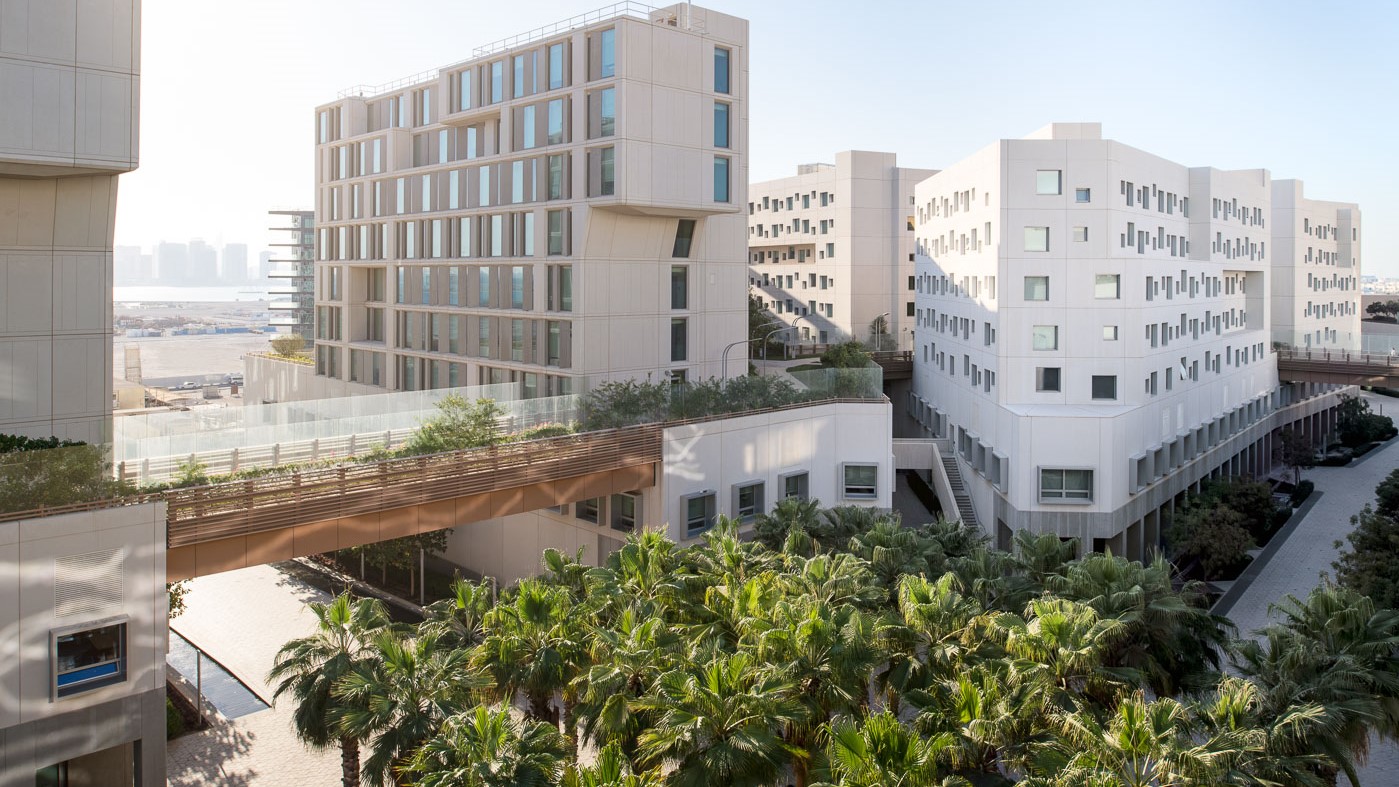September 19-20, 2020
NYU Abu Dhabi
A society in which humans and intelligent machines engage in many different types of exchanges necessitates both machines that understand humans when they engage in strategic interactions and humans who understand machines in similar situations. The proposed Center aims to bring together researchers in the area of Human Behavior (in particular behavioral and experimental economists) with those who concentrate on the design of intelligent machines (computer scientists and engineers) in order to study how such a society does and does not work effectively. However, we do not see the Center as limited to only these fields, but we also hope to bring in other scholars of human behavior into the enterprise as well, such as biologists, psychologists, sociologists, and political scientists. We believe that the creation of the new society of humans and intelligent machines requires an interdisciplinary approach and the development of new research areas that bridge the study of human behavior with the study of AI and machine development. The workshop will discuss how to create such a Center and the type of research questions that the Center might fruitfully address.
Visit the HUMANESS Website
January 7-19, 2016
NYU Abu Dhabi
Working Group in African Political Economy (WGAPE) hosted a special WGAPE meeting bringing together faculty and advanced graduate students in Economics and Political Science who combine field research experience in Africa with training in political economy methods.
Visit the WGAPE Website
January 20-21, 2016
NYU Abu Dhabi
NYU Global Network Experimental Social Sciences Workshop highlights experimental research conducted by NYU researchers at the three NYU portal campuses: NYU New York, NYU Abu Dhabi, and NYU Shanghai.
December 14-15, 2015
NYU Abu Dhabi
New Models of Agents, Beliefs, Preferences, and Sophistication
Political science is largely a “borrowing” discipline, using methods and approaches first derived in the other social sciences. Initially political scientists mostly were de facto sociologists, social psychologists, or psychologists, who studied politics. Beginning approximately 60 years ago, economics-style tactics also achieved a toehold. Subsequently, a small but significant group of political scientists and economists, sometimes working together, often independently, have built a body of economics-style research on political science questions, typically called “political economy” (although that name has other meanings as well).
This research, albeit influential, is still controversial within the discipline, for two principal reasons. First, because of the applied nature of the discipline to a particular realm of behavior, the abstraction and formalization used in economic theory is seen by many political scientists as not applicable or useful. Second, much political economy research has been built using traditional economics’ assumptions about individual choice, which are unattractive to political scientists trained in approaches drawn from sociology and psychology. The combination, then, of formal, abstract models built with assumptions that appear contrary to long held conceptions of human behavior, has limited the influence of political economy research within the discipline.
Recently the explosion of behavioral approaches and greater influence of experimental reasoning within economics has led to a similar, but smaller, eruption within political economics.[1] The newer behavioral models are now bringing new answers to old questions in political science such as the paradox of not voting. They contribute to creating a richer dialogue between political economic theory and empirical facts.
[1] The true story is more nuanced. Despite overall impressions within political science and without, political economy research has always had somewhat of a behavioral focus; many political economists (such as William Riker, Charles Plott, Elinor Ostrom, Richard McKelvey, Peter Ordeshook, Thomas Palfrey, and Roger Myerson) have conducted experimental research and grappled with the limitations of standard rational choice theory in explaining observed behavior. Nevertheless, these approaches are now receiving renewed interest with advances in behavioral economics.
March 15, 2015
NYU Abu Dhabi
This inaugural workshop was held in honor of the new facilities of the Social Science Experimental Laboratory (SSEL) at NYUAD's new campus on Saadiyat Island.


